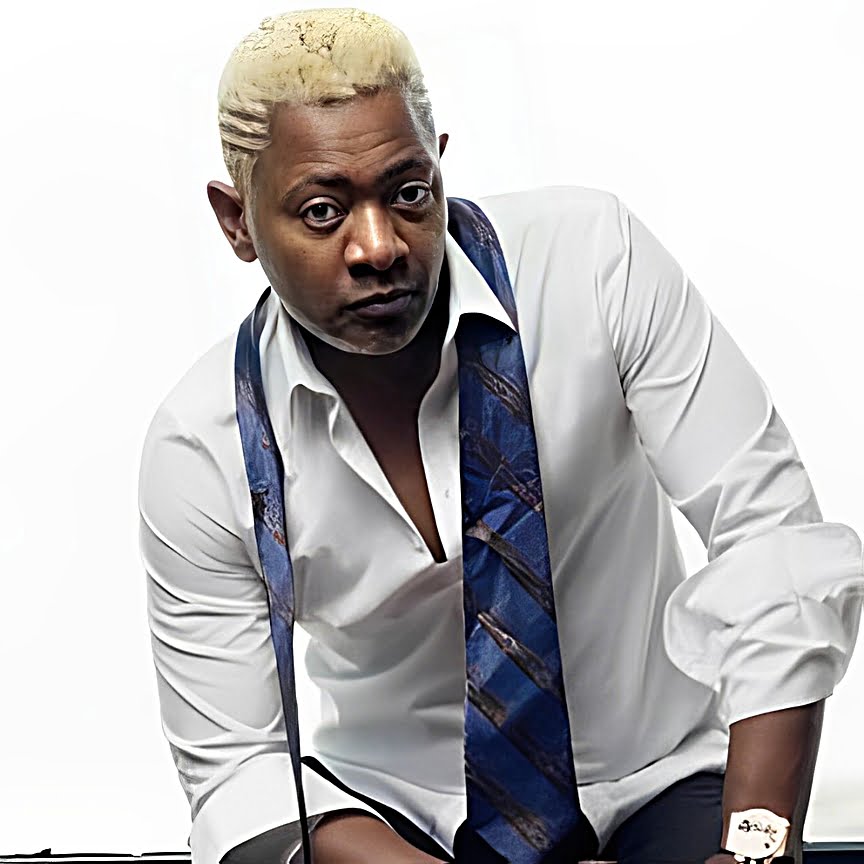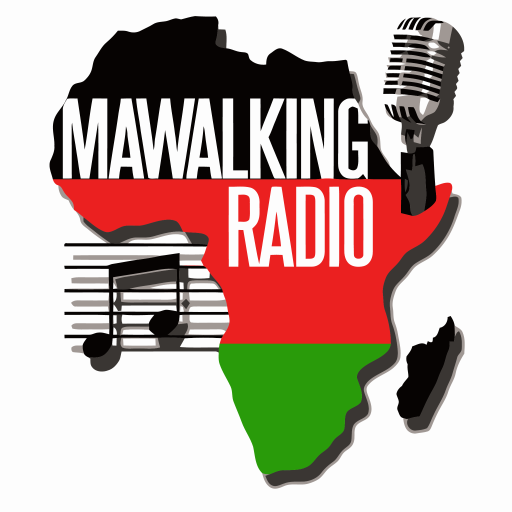
Awilo Longomba: The Congolese Maestro of Techno-Soukous
Early Life and Musical Beginnings
Awilo Longomba, born Louis Albert William Longomba on May 5, 1962, in Kinshasa, Democratic Republic of the Congo, emerged from a rich musical heritage. His father, Vicky Longomba, was a founding member of the iconic band Tout Puissant OK Jazz, a major influence in Congolese music. Despite his father’s reluctance for him to pursue music, Longomba’s early exposure to the rhythms of his father’s band deeply influenced his future career. By the age of 23, Longomba left school to join Papa Wemba’s band Viva La Musica, marking the start of his professional journey.
Rising to Stardom
Longomba’s breakthrough came in 1995 with his debut solo album, Moto Pamba. This record, blending Congolese rumba and soukous, introduced his innovative techno-soukous sound. The album’s success earned him the Best Artist of Central Africa award at the Kora Awards in both 1996 and 1997. Longomba’s unique blend of traditional soukous with electronic influences set him apart, earning him a significant following across Africa and Europe.
Coupé Bibamba and International Fame
In 1998, Longomba released his second album, Coupé Bibamba, which became a defining moment in his career. The title track, featuring Jocelyne Béroard, not only topped charts but also cemented Longomba’s reputation as a pioneer of techno-soukous. The album’s success led him to perform in major venues across Africa, including a historic three-day sell-out at the Lagos National Stadium. The track “Coupé Bibamba” was instrumental in expanding his influence into West Africa and beyond, with the song becoming a staple in various African languages.
Continued Success and Evolution
Following Coupé Bibamba, Longomba released Kafou Kafou in 2000, which won him the Jury Special Award at the Kora Awards. His subsequent albums, including Mondongo (2003) and Superman (2008), showcased his ability to evolve while maintaining his signature sound. Mondongo featured hits like “Karolina,” which became a favorite at parties and African events. Longomba’s energetic performances and ability to blend genres helped him maintain his popularity and further his influence in the global music scene.
Recent Achievements and Legacy
In recent years, Longomba has continued to make significant contributions to the music industry. His collaborations with artists such as P-Square and Yemi Alade, along with his participation in global events like The Voice Africa, highlight his enduring relevance. Longomba’s music has inspired a new generation of artists, including Nigerian stars like Burna Boy and Ayra Starr, who have drawn from his techno-soukous style. His influence is evident in contemporary African music, where his sound continues to resonate and inspire.




Pingback: Celebrating the Musical Legacy of Vicky Longomba |